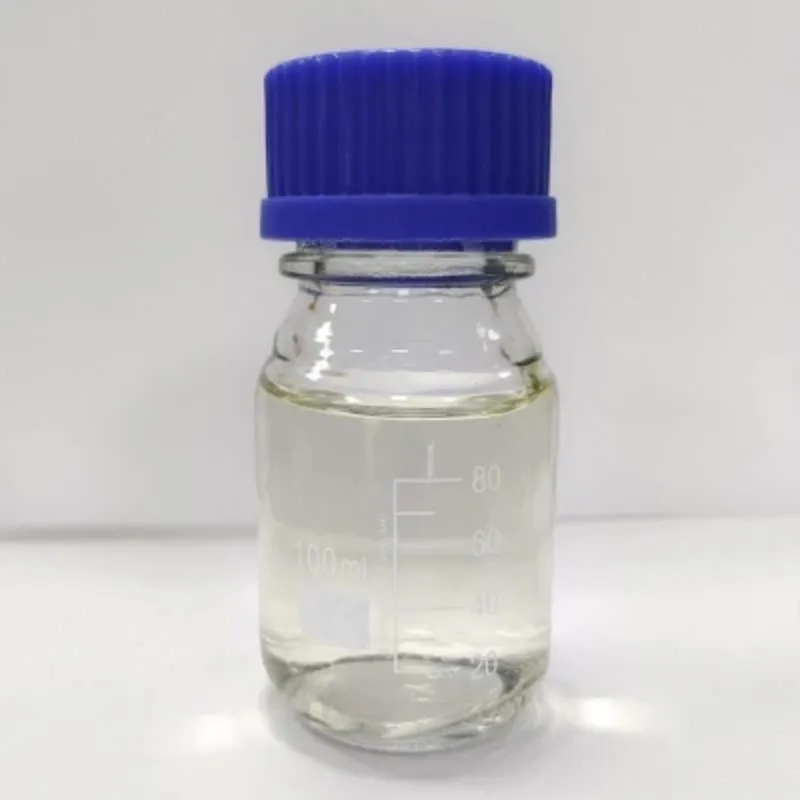Warning: Undefined array key "title" in /home/www/wwwroot/HTML/www.exportstart.com/wp-content/themes/1198/header.php on line 6
Warning: Undefined array key "file" in /home/www/wwwroot/HTML/www.exportstart.com/wp-content/themes/1198/header.php on line 7
Warning: Undefined array key "title" in /home/www/wwwroot/HTML/www.exportstart.com/wp-content/themes/1198/header.php on line 7
Warning: Undefined array key "title" in /home/www/wwwroot/HTML/www.exportstart.com/wp-content/themes/1198/header.php on line 7
- Afrikaans
- Albanian
- Amharic
- Arabic
- Armenian
- Azerbaijani
- Basque
- Belarusian
- Bengali
- Bosnian
- Bulgarian
- Catalan
- Cebuano
- China
- China (Taiwan)
- Corsican
- Croatian
- Czech
- Danish
- Dutch
- English
- Esperanto
- Estonian
- Finnish
- French
- Frisian
- Galician
- Georgian
- German
- Greek
- Gujarati
- Haitian Creole
- hausa
- hawaiian
- Hebrew
- Hindi
- Miao
- Hungarian
- Icelandic
- igbo
- Indonesian
- irish
- Italian
- Japanese
- Javanese
- Kannada
- kazakh
- Khmer
- Rwandese
- Korean
- Kurdish
- Kyrgyz
- Lao
- Latin
- Latvian
- Lithuanian
- Luxembourgish
- Macedonian
- Malgashi
- Malay
- Malayalam
- Maltese
- Maori
- Marathi
- Mongolian
- Myanmar
- Nepali
- Norwegian
- Norwegian
- Occitan
- Pashto
- Persian
- Polish
- Portuguese
- Punjabi
- Romanian
- Russian
- Samoan
- Scottish Gaelic
- Serbian
- Sesotho
- Shona
- Sindhi
- Sinhala
- Slovak
- Slovenian
- Somali
- Spanish
- Sundanese
- Swahili
- Swedish
- Tagalog
- Tajik
- Tamil
- Tatar
- Telugu
- Thai
- Turkish
- Turkmen
- Ukrainian
- Urdu
- Uighur
- Uzbek
- Vietnamese
- Welsh
- Bantu
- Yiddish
- Yoruba
- Zulu
Th8 . 09, 2024 08:50 Back to list
Exploring Sustainable Uses and Benefits of Recycled Propylene Glycol in Various Industries
The Role of Recycled Propylene Glycol in Sustainable Chemistry
In recent years, the push for sustainability in the chemical industry has gained unprecedented momentum. One notable contributor to this trend is recycled propylene glycol, an essential compound used in various applications, from food processing to cosmetics and pharmaceuticals. This article explores what recycled propylene glycol is, its benefits, applications, and its significance in a more sustainable future.
Understanding Propylene Glycol
Propylene glycol is a synthetic organic compound widely used as a solvent and humectant in numerous products. It is derived from propylene oxide, a petrochemical, but through recycling processes, it can be generated from post-consumer waste streams. This recycling process not only addresses waste management issues but also reduces the reliance on fossil fuels, contributing to a circular economy.
The Recycling Process
The recycling of propylene glycol generally involves the recovery of waste materials containing this compound through sophisticated chemical processes. These may include distillation, filtration, and purification to isolate propylene glycol and remove impurities. The recycled product can often meet or exceed the quality standards of virgin propylene glycol, making it a viable alternative for manufacturers.
Environmental Benefits
The benefits of using recycled propylene glycol are manifold. Firstly, it reduces the environmental footprint associated with chemical production. The conventional manufacturing process for propylene glycol is energy-intensive and generates significant greenhouse gas emissions. By using recycled alternatives, companies can significantly lower their carbon footprints.
Furthermore, recycling propylene glycol minimizes waste. According to the Environmental Protection Agency, the recycling process diverts materials from landfills, thus conserving natural resources and promoting waste management sustainability. This is particularly vital as global waste management becomes an increasingly pressing issue.
recycled propylene glycol

Economic Implications
Not only does recycling propylene glycol have environmental benefits, but it also presents considerable economic advantages. The cost of recycling is often lower than that of producing new chemicals from raw materials. As demand for sustainable products grows, companies utilizing recycled propylene glycol may also enjoy a competitive edge in the market, tapping into a consumer base increasingly concerned about sustainability.
By investing in recycling technologies and practices, manufacturers can position themselves as leaders in the burgeoning green economy. Additionally, recycled propylene glycol can help mitigate the volatility of raw material prices, as it is less susceptible to fluctuations in the petrochemical market.
Applications of Recycled Propylene Glycol
Recycled propylene glycol maintains a wide array of applications similar to its virgin counterpart. It is commonly used in the food industry as a food additive, in pharmaceuticals as a solvent for medications, and in various personal care products, including skin care and hair care formulations. Its non-toxic nature and ability to blend easily with other substances render it an attractive choice for manufacturers aiming to create safe, eco-friendly products.
One burgeoning application is in the formulation of antifreeze and de-icing fluids, where recycled propylene glycol acts as a more sustainable option compared to traditional ethylene glycol products. Moreover, its use in the production of biodegradable plastics is gaining attention, aligning with global efforts to reduce plastic pollution.
Conclusion
Recycled propylene glycol is more than just a chemical compound; it represents a significant step towards a sustainable future. As industries continue to pivot towards eco-friendly practices, the utilization of recycled materials like propylene glycol plays a crucial role in reducing environmental impacts, conserving resources, and embracing the principles of the circular economy. With its wide-ranging applications and substantial benefits, recycled propylene glycol is poised to become a cornerstone of sustainable chemistry in the years to come.
Latest news
-
Certifications for Vegetarian and Xanthan Gum Vegetarian
NewsJun.17,2025
-
Sustainability Trends Reshaping the SLES N70 Market
NewsJun.17,2025
-
Propylene Glycol Use in Vaccines: Balancing Function and Perception
NewsJun.17,2025
-
Petroleum Jelly in Skincare: Balancing Benefits and Backlash
NewsJun.17,2025
-
Energy Price Volatility and Ripple Effect on Caprolactam Markets
NewsJun.17,2025
-
Spectroscopic Techniques for Adipic Acid Molecular Weight
NewsJun.17,2025

